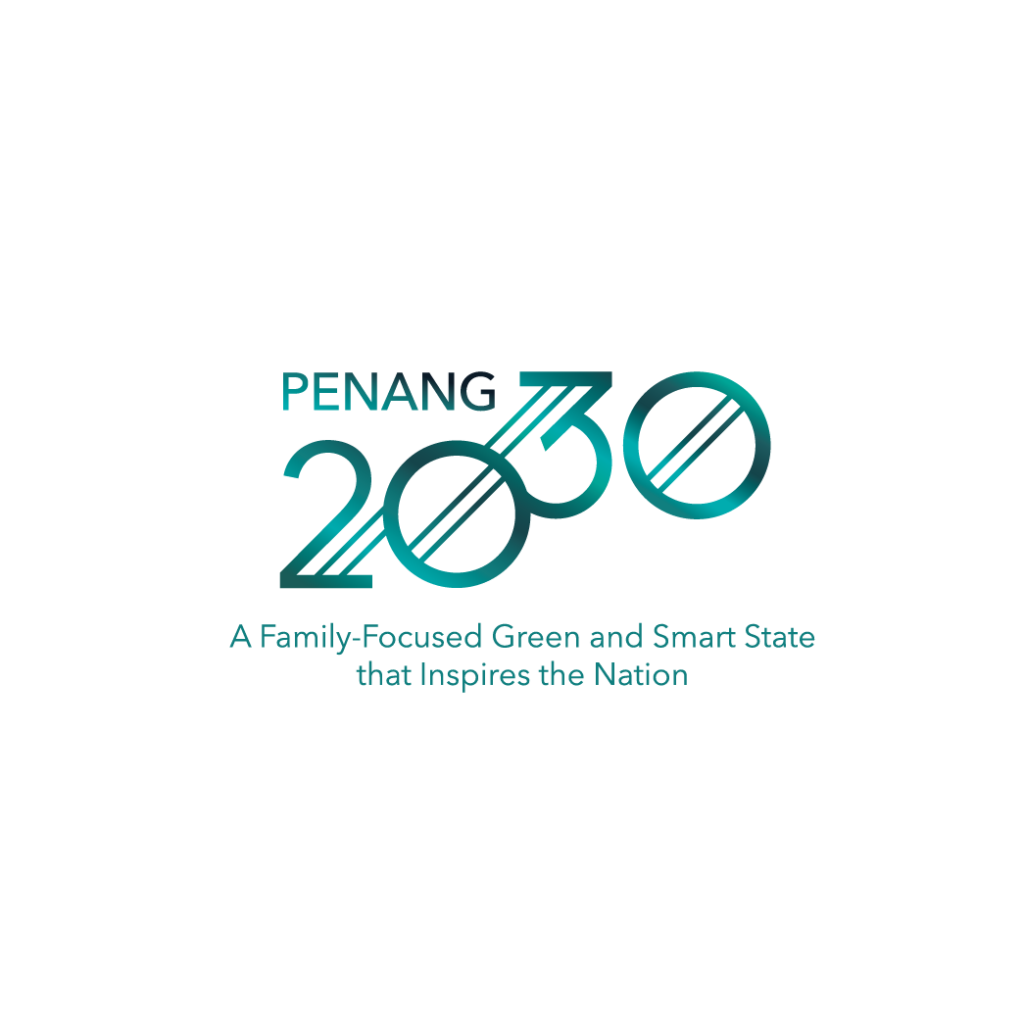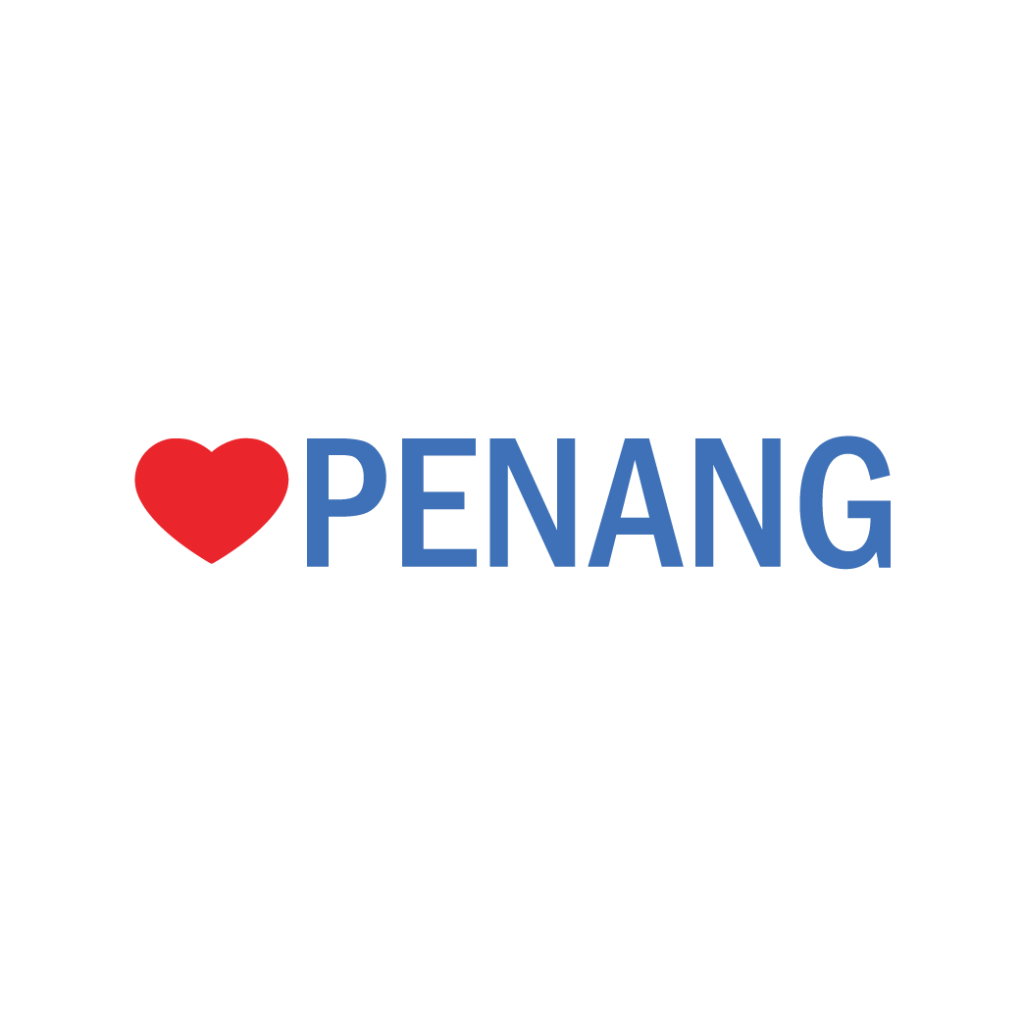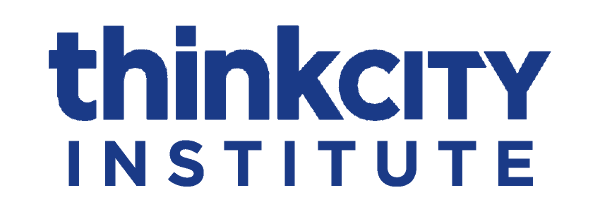INNOVATING MODELS FOR
SUSTAINABLE HERITAGE
MANAGEMENT
MASTERCLASS SERIES
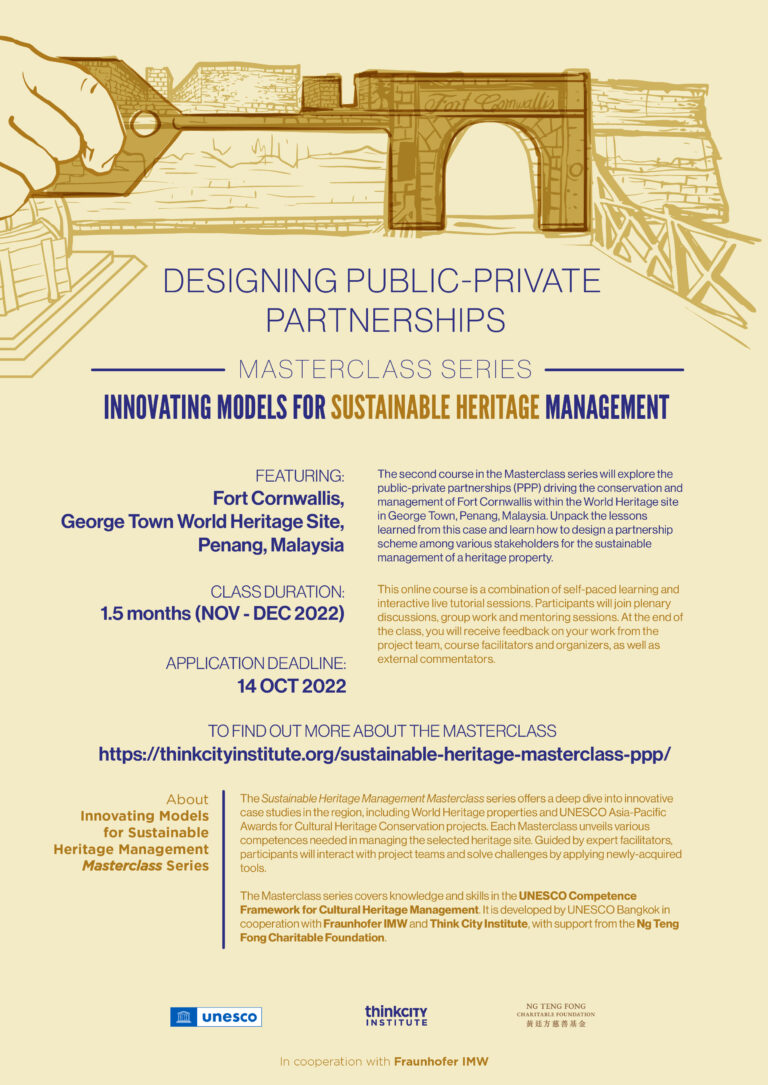
Overview
What success in heritage management? State-of-the-art conservation of a historic property? Reviving a long-lost traditional practice? Increasing the number of visitors to the site? Restoring local ecology and landscape? Improving local well-being? Even before the global pandemic, there has been a push for the heritage sector to expand its boundaries and rethink its priorities. Sustainable heritage management is no longer just about conserving heritage values, but also about creating new value through innovative business and governance models.The Sustainable Heritage Management Masterclass series offers a deep dive into innovative case studies in the region, including World Heritage properties and UNESCO Asia-Pacific Awards for Cultural Heritage Conservation projects. Each Masterclass unveils various competences needed in managing the selected heritage site. Guided by expert facilitators, participants will interact with project teams and solve challenges by applying newly-acquired tools.
The Masterclass series covers knowledge and skills in the UNESCO Competence Framework for Cultural Heritage Management. It is developed by UNESCO Bangkok in cooperation with Fraunhofer IMW and Think City Institute, with support from the Ng Teng Fong Charitable Foundation.
Learning Outcomes
By the end of this course, participants should be able to:- Develop strategic public-private partnership proposals for managing a heritage property
- Acquire new competences (skills and knowledge) relevant to cultural heritage management, with a focus on the managerial competences defined by UNESCO (such as organizational governance/heritage planning/strategic management, human capital management, financial management, communication/collaboration/coordination)
- Apply analytic thinking and problem-solving tools in a heritage management context
Learning Experience
This online course is a combination of self-paced learning and interactive live tutorial sessions. Participants will join plenary discussions, group work and mentoring sessions. At the end of the class, you will receive feedback on your work from the project team, course facilitators and organizers, as well as external commentators. There will be a total of six live sessions as below, spread over a 6-week period, with interim time between live sessions for self-paced learning and group work.| TUTORIAL SESSIONS | |||||
|---|---|---|---|---|---|
| Orientation session | Session 1 | Session 2 | Session 3 | Session 4 | Session 5 |
|
PPPs: overview and tools | Case study: Fort Cornwallis |
|
|
|
Class Resources
Case study Participants will gain access to the Fort Cornwallis Case Study that was specifically developed for this Masterclass. The case study will walk you through the story of the recent conservation of Fort Cornwallis, ending with a management challenge faced by the project team. You will learn about the Fort’s heritage significance, its historical and cultural setting, stakeholders involved, key decision points and public-private partnership strategies that were developed. Participants will work in teams to respond to the challenge by using newly-acquired knowledge and skills from the course in combination with your own experience. Course handbook The course handbook will provide a guide to how the class will be organized. It will detail the session contents, schedule, group work/assignments and discussion topics for the class. Self-paced learning on the case and management topics You will learn more about the case through a number of newly-produced videos for this Masterclass by the project team. In addition, you will be provided a curated list of publications and videos in relation to cultural heritage management with a focus on the managerial skills and knowledge that are relevant to the case. This will include teaching videos about PPP and tools that can support PPP initiatives.ABOUT THE COURSE FACILITATORS

Donovan Rypkema
Donovan Rypkema is the president of Heritage Strategies International and principal of PlaceEconomics. Working at the nexus of heritage conservation and economic development, Rypkema has undertaken assignments in more than 50 countries and 49 US states. He is a member of the Board of Directors of Global Urban Development, a member of the ICOMOS International Scientific Committee on the Economics of Conservation, and currently serves on the Real Estate Market Advisory Committee of the UN Economic Commission for Europe and the Advisory Board of Doh Eain, a Yangon-based NGO. Rypkema holds a master’s degree in Historic Preservation from Columbia University. He teaches a graduate course in preservation economics at the University of Pennsylvania. In 2012 Rypkema received the Crowninshield Award from the National Trust, the highest preservation honour and awarded for lifetime contribution to historic preservation in the United States.
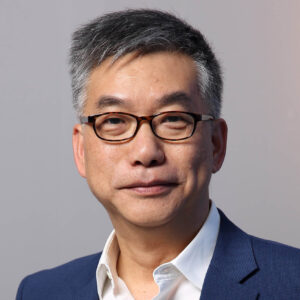
Fort Cornwallis Project Partners
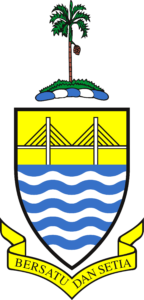
CMI
Penang Chief Minister Incorporated (CMI) is a state-run company that acts as the State’s investment arm. It manages various projects across different fields, including housing development, hospitality & tourism, heritage & archaeology, art & culture, educational programmes, public parks & public space upgrading, sports development and STEM (Science, Technology, English & Math) programmes.
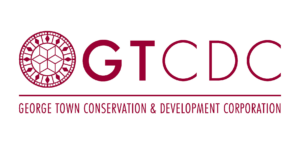
GTCDC
George Town Conservation and Development Corporation Sdn. Bhd. (GTCDC) is a partnership between the Penang State Government’s Chief Minister’s Incorporated (CMI) and Think City Sdn Bhd with Aga Khan Trust for Culture as the technical advisor. It is a special purpose vehicle set up to improve the public realm following the George Town Special Area Plan. These include the Waterfront Precinct, the Clan Jetties and the Street of Harmony neighbourhoods. Among its key objectives are the regeneration, upgrading and activation of public spaces and selected heritage buildings in the UNESCO World Heritage Site including Fort Cornwallis and Syed Al-Attas Mansion.

Think City
Think City is an impact organisation established in 2009 to create more sustainable and equitable places for the benefit of all. Our knowledge, skills and strategies focus on urban solutions, the environment, social communities and the cultural economy. Think City is a wholly-owned subsidiary of Khazanah Nasional (the sovereign wealth fund of the Government of Malaysia).
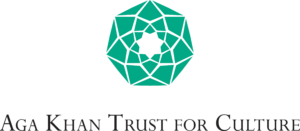
AKTC
Aga Khan Trust for Culture (AKTC) is an agency of the Aga Khan Development Network (AKDN), an institution created by Aga Khan IV with the mandates to focus on the physical, social, cultural and economic revitalisation of communities in the developing world. It includes the Aga Khan Award for Architecture, the Aga Khan Historic Cities Programme, the Aga Khan Music Initiative, the Aga Khan Museum in Toronto, Canada, the online resource Archnet.org and related programmes.
ORGANIZERS
UNESCO
UNESCO is the United Nations Educational, Scientific and Cultural Organization, established to promote peace via education, science and culture. As the only UN agency mandated to promoting culture, UNESCO’s programmes recognizes culture as a driver for sustainable development, and contribute to the achievement of the Sustainable Development Goals defined in Agenda 2030, adopted by the UN General Assembly in 2015.
Fraunhofer
Since its foundation in 2005, the Fraunhofer Center for International Management and Knowledge Economy IMW has been consolidating its expertise and range of services in internationalization and the knowledge economy. The Fraunhofer IMW aims to enable a favorable environment for innovation and knowledge transfer by developing scientifically sound solutions to challenges presented by globalization and ensuring the lasting success of its clients and partners from business and industry, research, and civil society.
TCI
The Think City Institute (TCI) is the culmination of a decade of know-how, experimentation and expertise derived from Think City’s projects and knowledge networks in ASEAN and beyond. TCI will offer resources from our Knowledge Repository, and courses, built inhouse and with our international partners, to all levels of professionals looking to elevate proficiencies in city-making and urban development.
WHO SHOULD APPLY FOR THIS CLASS?
Heritage practitioners who are looking to improve skills and knowledge about heritage management in a practical manner will benefit most from this course.
- Heritage managers and technical specialists in heritage-related institutions
- Government entities that are involved in management of heritage properties
- Private entities interested/involved in heritage projects and business opportunities
- Local stewards and community actors at heritage sites
The course requires no formal education in cultural heritage management, but working experience in the heritage field will be valued. Professionals in other fields who are currently involved in heritage projects will also benefit from this course.
WHAT WILL THIS CLASS DO FOR YOU?
Participants will:
- Learn new skills and knowledge from UNESCO’s Competence Framework using the case method to dissect the success factors of an innovative heritage management case study.
- Improve networking through interactions with the project teams, facilitators, resource people and fellow participants from a range of disciplines and countries around the Asia-Pacific region.
CERTIFICATE
Participants will receive a certificate to acknowledge successful completion of this class, subject to full attendance of the course sessions and submission of the required assignments.
ADMISSION & FEES
FEES
Course participants will be chosen through an application process. You will be directed to the payment process by the organizers upon successful acceptance to the Masterclass.
- Fee: 300 USD
Limited scholarships are available, with a priority for applicants from Least Developed Countries. Please indicate your need for scholarship in your application email.
APPLICATIONS
- APPLY NOW by downloading the application form here.
- Please send the application or any inquiries to Ms. Injee Kim at UNESCO Bangkok (i.kim@unesco.org) by 14 October 2022.
Supported by

AND

